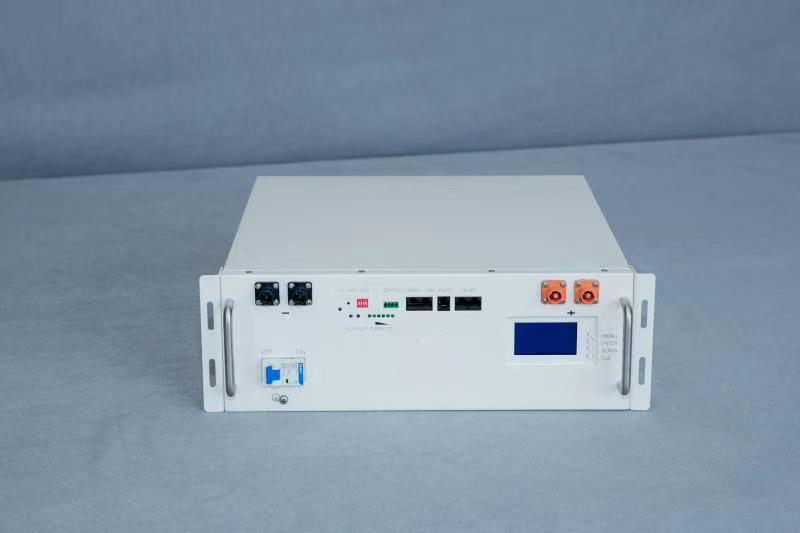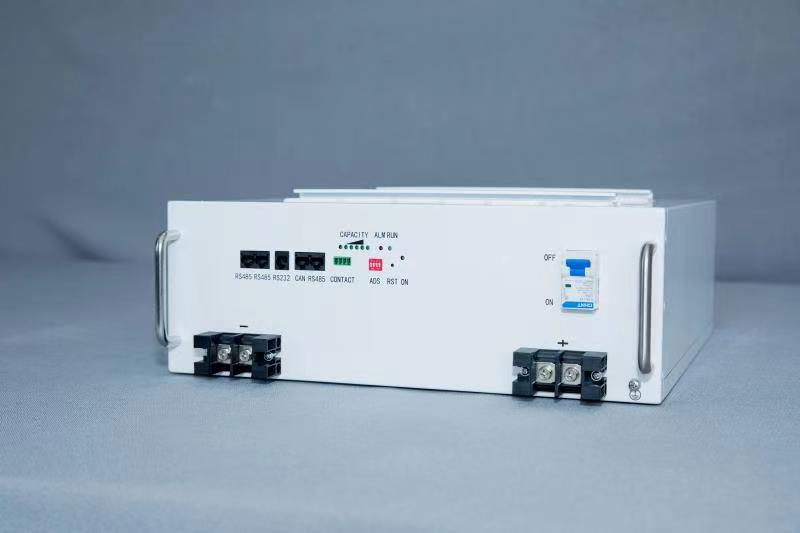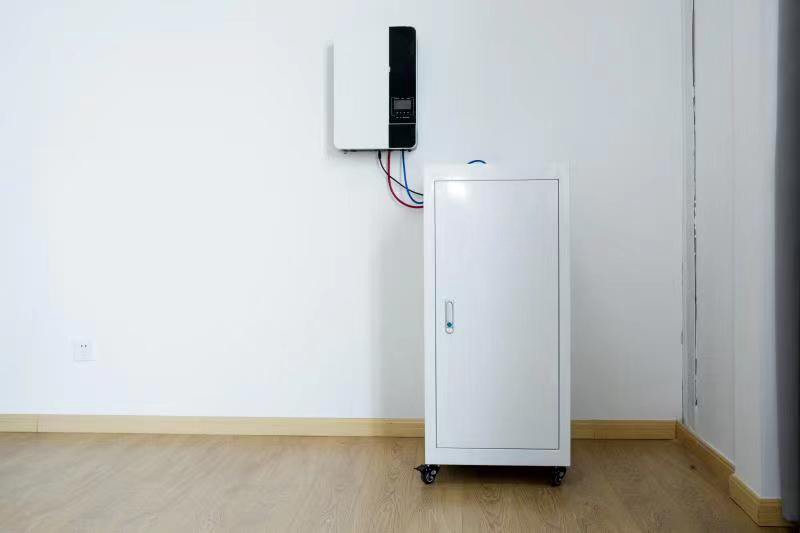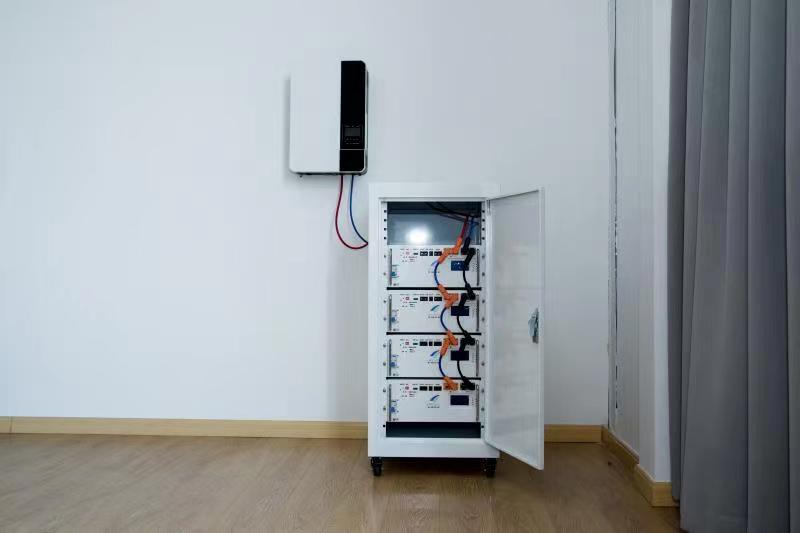 |
Welcome To Evlithium Best Store For Lithium Iron Phosphate (LiFePO4) Battery |
 |

In a world where power outages are becoming increasingly frequent due to extreme weather, grid failures, or infrastructure issues, having a reliable backup energy source is no longer a luxury—it’s a necessity. Many homeowners associate battery backup systems with solar energy, but here’s the surprising truth: you don’t need solar panels to benefit from a home battery backup system.
Let’s explore how a standalone home battery system works, its benefits, and whether it’s a worthwhile investment even without solar.
A home battery backup system stores energy for use during power outages or periods of high electricity demand. While these systems are commonly paired with solar panels to store excess solar energy, they can function perfectly well on their own by charging directly from the electrical grid.
How It Works Without Solar:
Grid Charging: The battery charges from the grid during off-peak hours when electricity is cheaper.
Inverter Activation: When there's a power outage or when you need to use stored energy, the battery activates and converts stored DC (direct current) into AC (alternating current) through an inverter.
Seamless Power Flow: The converted energy is then distributed throughout the home to keep essential devices running smoothly.
Recharging Cycle: Once the power returns or energy demand lowers, the battery recharges, preparing for the next disruption.
Even without solar, a battery backup system offers significant advantages:
When the grid fails, a battery backup provides immediate electricity to critical systems like refrigeration, medical equipment, lighting, and internet—keeping your home safe and functional.
Charging your battery during off-peak hours when utility rates are lowest, then using that stored power during expensive peak times, helps reduce your monthly electricity bill.
A battery backup reduces your dependence on unpredictable grid infrastructure. During community-wide demand spikes, your system steps in to ease pressure on the grid and improve your local energy reliability.
Modern backup systems come equipped with intelligent monitoring tools that manage energy flow, optimize usage, and prolong battery life.
With energy resilience becoming a hot commodity in real estate, homes equipped with battery backup systems often see a boost in market value.




EVlithium Home energy storage system for home back up system
Cost-Efficient Entry: Cheaper than a full solar-plus-storage setup.
Simple Installation: Fewer components mean faster and less expensive installation.
Ideal for Urban Areas: Especially suitable for locations where rooftop solar isn't feasible due to shade, HOA restrictions, or roof orientation.
Maximizes Energy Savings: Harvests and stores free solar energy for long-term savings.
Greater Energy Independence: Less reliance on the grid over time.
Environmental Impact: Helps lower your carbon footprint through renewable energy usage.
Both solutions provide backup power, but choosing between them depends on your goals—whether it’s immediate reliability, sustainability, or long-term cost reduction.
Absolutely—especially in areas with unreliable grid service or for those who use electricity-intensive devices. Here’s when a standalone battery system makes sense:
Living in regions with unpredictable weather or aging infrastructure? A battery backup keeps your home running when others go dark.
Charge your battery when rates are low and use it when rates spike. Over time, this time-of-use arbitrage can lead to significant savings.
Not ready for the higher upfront cost of solar? Start with a battery and consider adding solar later.
If you depend on uninterrupted electricity for health devices or work-from-home setups, a battery backup becomes essential.
While standalone batteries offer great advantages, solar-plus-storage might be your ideal path if:
You want maximum energy independence
You're looking for long-term ROI through energy bill reduction
You're committed to sustainable living and carbon reduction
The type of battery you choose will directly affect performance, safety, and lifespan.
Lithium Iron Phosphate (LiFePO4) batteries are considered the gold standard for residential backup systems. They’re:
Safe and Stable: Resistant to overheating and thermal runaway
Long-Lasting: 4,000+ charge cycles
Eco-Friendly: Non-toxic and recyclable
Fast-Charging: Recharges quickly during grid availability or solar production
One standout option is EVLithium’s LiFePO4 battery, engineered specifically for home energy storage. It’s a robust, durable, and efficient solution whether you have solar or not.
1. How much battery capacity do I need?
A U.S. household uses about 28 kWh per day. A 10–20 kWh battery is enough to power essential devices during outages, while whole-home coverage might require multiple batteries.
2. Is a 5kW battery enough for a house?
A 5kW system can support basic functions during short outages but may not power an entire home for extended periods. It’s ideal for essential loads like lights, fridge, Wi-Fi, and medical equipment.
3. Can I use an inverter and battery without solar?
Yes. The inverter converts grid-charged battery power for home use. Even without solar, this setup offers reliable backup power and energy savings.
Installing a home battery backup without solar is a smart, flexible, and increasingly popular solution for homeowners looking to safeguard against outages, reduce electricity costs, and gain energy independence—without committing to solar panels.
Whether you're waiting for solar prices to drop or live in an area where solar isn’t feasible, standalone battery systems give you peace of mind and energy control right now.
Want to future-proof your home? Start with a battery backup—and consider adding solar down the road when the time is right.
Edit by paco
Last Update:2025-05-15 10:16:01
All Rights reserved © 2026 Evlithium Limited